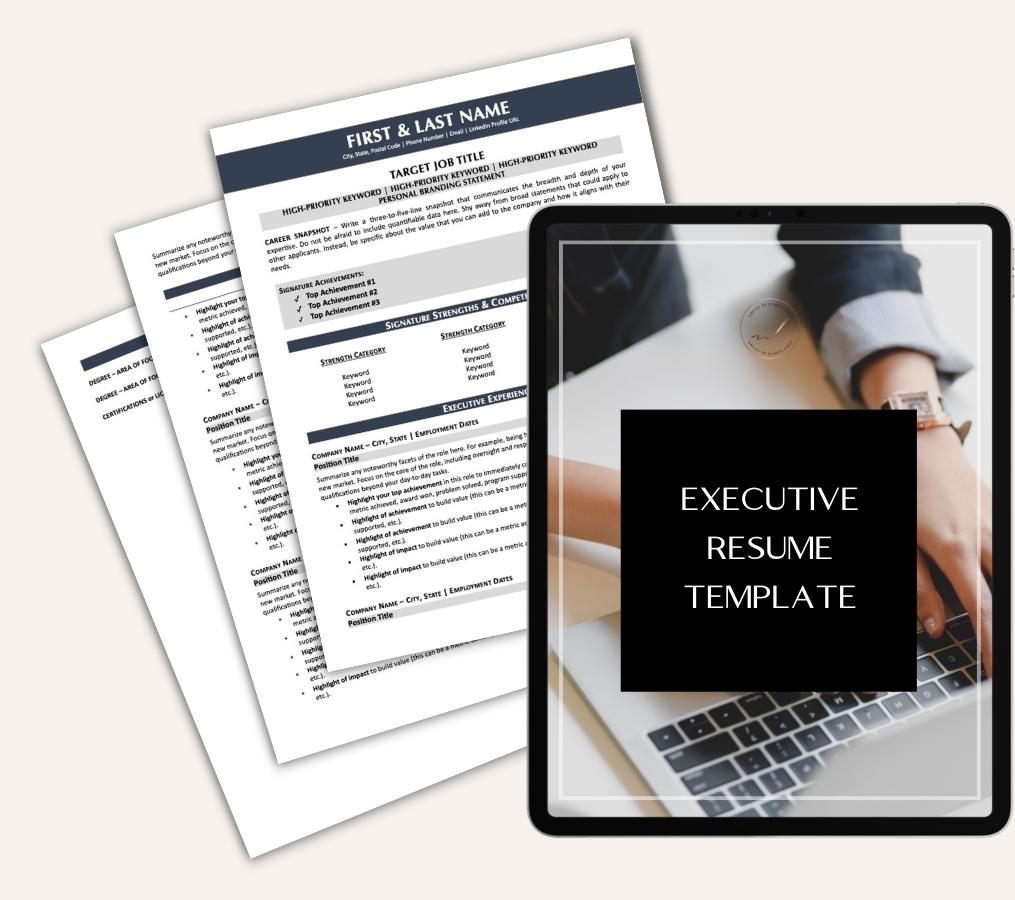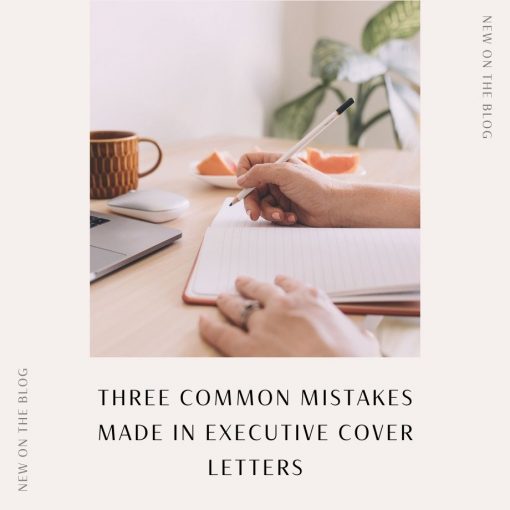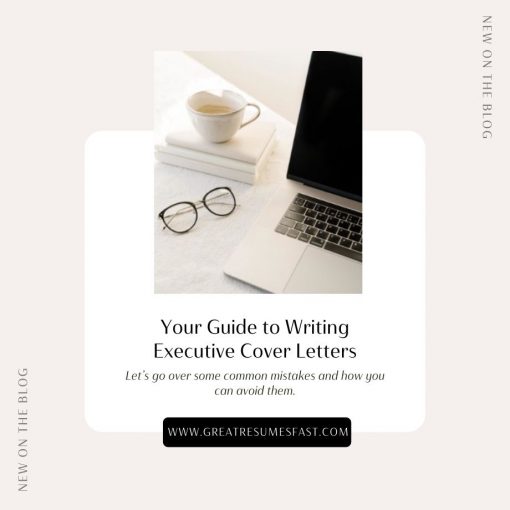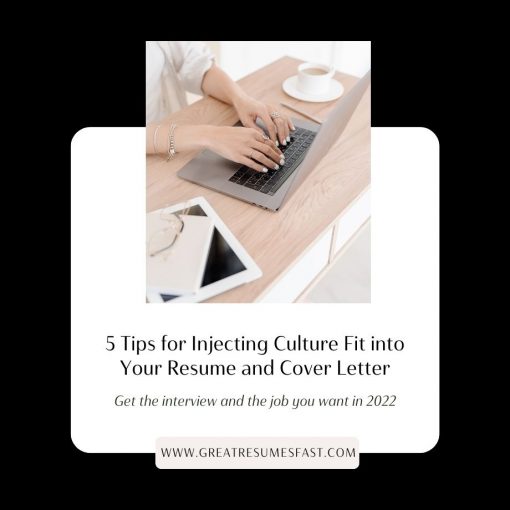7 Cover Letter Mistakes You Make When Applying Via E-mail
How many times have you replied to a job ad via e-mail by shooting them a copy of your resume and cover letter? I’m going to venture a guess and say at least 20 (but more likely hundreds of times) if you’ve been searching for any significant length of time. Here are some of the most notorious mistakes we’ve seen—and what you can do to greatly improve your chances of being noticed.
Attaching the cover letter to the e-mail.
What’s wrong with that, you ask? Most hiring managers aren’t going to open the cover letter and read it. They’ll go straight to the resume instead. Want to ensure your cover letter gets read? Copy and paste it into the body of the e-mail. Whoever received the e-mail will be much more likely to read it if it’s already right there in front of their face.
Writing your whole life story in the body of the e-mail.
Don’t go overboard with details; keep it short. The hiring manager won’t be willing to invest a lot of time reading your e-mail. Keep it short and to the point.
Providing information that is not relevant to the position.
Here is a great example. When I want to bring an additional resume/cover letter writer on staff, I’m not looking for someone with technical writing expertise, article writing skills, or journalism savvy. Those forms of writing aren’t relevant to what we do here. I want a writer who has extensive expertise and certification in resume writing. If someone goes on and on in their cover letter (or in the body of the e-mail) about all their other writing experience, they will lose my interest. Instead, I want them to tell me about their most relevant experience as it relates to my needs. I want them to tell me about any resume writing experience they have. Give the hiring manager a brief overview of the most relevant experience you have, appropriate to the position they are trying to fill. This will pique their interest—rather than lose it.
Excluding information they’ve specifically asked you to include.
Depending on the position, the employer may ask you to submit a sample of your work, portfolio, hours of availability, or even salary requirements. Whatever it is they’ve asked you to include, make sure you include it in your cover letter. If not, you will most certainly be removed from consideration for failing to follow instructions. Following instructions and acknowledging everything the employer has asked you to address in the job ad not only saves the employer time but makes you look good. I can tell you this from experience because 9 out of 10 applicants will fail to address every stipulation the employer has listed. It happens to us all the time.
Not using a cover letter at all.
We’ve received e-mails from applicants, and the body of the e-mail provides either little or no information whatsoever. Some simply state, “Here is my resume for your review.” You are selling yourself short by not including at least a brief introduction. Especially if the employer outlines specific requirements. Take the time to write, “I see you need someone with availability to work nights and weekends; I would enjoy working these hours and am available to do so.” Or, “I have included a sample of my work for your consideration along with my resume. If you have any questions, please do not hesitate to contact me.”
Forgetting to tell them why you’re the best fit.
Let me tell you about one of THE BEST cover letters I’ve ever seen: I could tell this person put effort into it—and she took the time to specifically and meticulously review our job requirements. She scrutinized our requirements and detailed in her cover letter how she had experience meeting those needs. It was applicable, relevant, and attention getting. It was probably one of the only cover letters that actually made us want to read the corresponding resume.
Using a boring closing statement.
Instead of using the same old boring line, spice it up a bit. One of the more daring cover letter closings I have read closed with, “Call today, don’t delay.” I applauded her boldness and had to call her. The closing was confident, feisty, and it certainly grabbed my attention. Not to mention the entire cover letter addressed everything she brought to the table as a potential employee and how these elements were relevant to meeting our needs.
What I am trying to get you to see is that boring the hiring manager with details not relevant to the opening—or not making the most of the space and time you’re getting is really to your detriment. Instead, take the time to write something catchy, relevant, and targeted to the position for which you are applying. Sure, it may take a few extra minutes—but in the end, if you get the interview, won’t it be worth it?
For a free resume analysis submit your resume via e-mail to info@greatresumesfast.com. You can also view professional and executive resume samples at http://www.greatresumesfast.com/Samples.htm.
Share this post:

About the author
Jessica Hernandez, President, CEO & Founder of Great Resumes Fast
Hi, I’m Jessica. I started this company back in 2008 after more than a decade directing hiring practices at Fortune 500 companies.
What started as a side hustle (before that was even a word!) helping friends of friends with their resumes has now grown into a company that serves hundreds of happy clients a year. But the personal touch? I’ve kept that.
You might have seen me featured as a resume expert in publications like Forbes, Fast Company, and Fortune. And in 2020, I was honored to be named as a LinkedIn Top Voice of the year!
I’m so glad you’re here, and I can’t wait to help you find your next perfect-fit position!
10 Comments
Leave a Comment
Improve Your Resume: Download Your Free Executive Resume Template Today
Are you struggling to create an executive resume that will impress employers? Download this free executive resume template and receive a series of 10 emails with expert guidance on how to write resume content that resonates with employers so you get more interviews.
It's everything you need to stand out, make an impression, and accelerate your job search.









Hi Jessica,
Of all the resume “content experts” I’ve been solicited by, you make the most sense. I’d like some additional information on your services. Please contact me with the details.
Regards,
John
[…] This post was mentioned on Twitter by lisahutchins and Jessica Holbrook, Michael Farley. Michael Farley said: RT @tweetmeme 7 Cover Letter Mistakes You Make When Applying Via E-mail http://bit.ly/c1Nwlp […]
Hi Jessica –
Great article full of helpful ideas, especially the one to copy and paste your cover letter into the body of the e-mail.
Thanks for the info.
Pam
Excellent!!. I have read tons of information about how to write a cover letter, especially because I am from a country that it is not necessary to write one.
This is very clear!!
Thanks!!!
Thanks for this great article! Keep them coming!
Jessica,
Most important here is not what do you want. It’s what does the prospective employer want.
Read the posting carefully. For myself, if nothing specific is requires, I prefer to Put a job-specific cover letter in the message, and also attach my “generic” cover letter if requested.
Hello,
I am absolutely blown away after reading this elaborate post. I am in the process of finding a job, I have had a lot of help from different people regarding my resume and cover letter. Admittingly, no one has been this thorough as you have been.
I have been repeating the same mistakes all the time, no wonder I barely got any calls from employers.
Care to take a lot at my resume and Cover letter, email me.
Thank you very much
I know many HR departments use digital screening systems to browse for keywords in resumes. Do they not do this for cover letters, too? How about including cover letter in the body of the email and in an attachment to appease and make convenient all hiring managers’ practices?
It’s good to know cover letters are often skipped.
[…] this post, YouTern thanks our friends at Great Resumes […]
This is also viewed as the best way to prove another lending firms that you do have a good score.
I know this because I underwent the debt collection process in 2002.
The financial markets are again in turmoil, the world economy is stagnant, and trade protectionism is increasing.